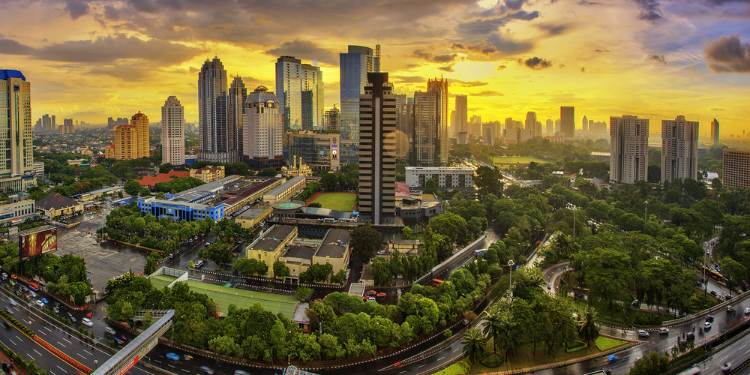
Like most countries, Indonesia is also looking to the post-Covid era. To boost its economy and its attractiveness, the government is introducing new measures to relaunch tourism and attract expats and digital nomads, considering the upcoming summer.
Digital nomad visa: Soon a reality?
This measure was much awaited by digital nomads for whom Indonesia has been an attractive destination for many years. It's worth noting that the list of countries offering digital nomad visas has been growing since the Covid pandemic. In a videoconference last week, Sandiaga Uno, Minister of Tourism and Economy, announced that the government is considering a 5-year digital nomad visa policy for remote workers and digital nomads. And according to supporting figures, it looks like the digital nomad visa will soon be a reality. Sandiaga Uno highlighted the enthusiasm of foreigners for the country. According to a recent survey, 95% of digital nomads believe Indonesia, especially Bali, Ubud, Batu, Bandung and Malang, is a top destination for remote working.
Although the health crisis has definitely changed the perception of work, Indonesia is bent on taking the "post-Covid" turn. Although the country boasts a significant digital nomad community, it hasn't been legal. In fact, few companies and countries allowed remote working until the pandemic, but today, this seems to have become the new norm. Besides countries, large companies, especially multinationals in the service sector, support remote work. These include Spotify, Reddit, Twitter, Vista, HubSpot, Coinbase, SAP, Altassian, Aquent, 3M, Airbnb or Brex Inc., and many others, for which the digital nomad opens up new paths.
Easing of Covid restrictions to welcome more foreigners
Relaunching tourism has become one of the country's priorities. In fact, tourism has been growing steadily since 2015, with just over 10 million tourist arrivals. In 2016, there were 11.5 million, 10 million in 2017, 15.8 million in 2018, and 16.11 million in 2019. Then Covid came and reversed the trend in 2020 when barely 4.05 million tourists visited the country. Until then, tourism accounted for around 16.4 billion euros, which is 1.6% of Indonesian GDP, according to 2019 figures. So it's clear to the government that tourism will only increase when current restrictions have been relaxed. In April, only 100,000 tourist arrivals were recorded.
From June 8, health insurance is no longer mandatory to travel to Indonesia. According to Indonesian health authorities, the global situation has stabilized enough to allow the scrapping of restrictions. Currently, the country records, on average, 800 to 1000 positive cases every day. Besides, 61.5% of the population is fully vaccinated (with two doses). Indonesia doesn't seem to be worried about the rise of monkeypox, either. It's worth noting that WHO and international scientists are working on changing the name of the virus, which is deemed stigmatizing and discriminating.
Which are the key sectors for expat workers in Indonesia?
Tourism is important, but it's not all. Besides the sun, beaches and beautiful natural landscapes, expats are attracted by Indonesia's digital, construction, industry, agriculture and commerce sectors. In fact, the government is looking to attract investors to boost the local economy. Currently, industry accounts for 19% of the country's GDP, which is 3.4% higher than that tourism. Agriculture accounts for 13% of GDP (+1.9%) and construction 10% of GDP (+2.8%). Indonesia is also looking to step up digitization (4.4% of GDP) and investments in information and communication (6.8% of GDP). These are especially attractive sectors for digital nomads and remote workers, and the government wants no stones unturned. And it's already working.
Last year, investments picked up 3.8%, reaching 31% of GDP. The same applies to foreign trade. Indonesia has a slight trade surplus (0.4%), which is favorable to GDP growth. After the 2020 drop (-2.07%), the Indonesian GDP is recovering (3.69%). These figures clearly indicate that Indonesia is determined to improve its image in the eyes of foreigners.



















